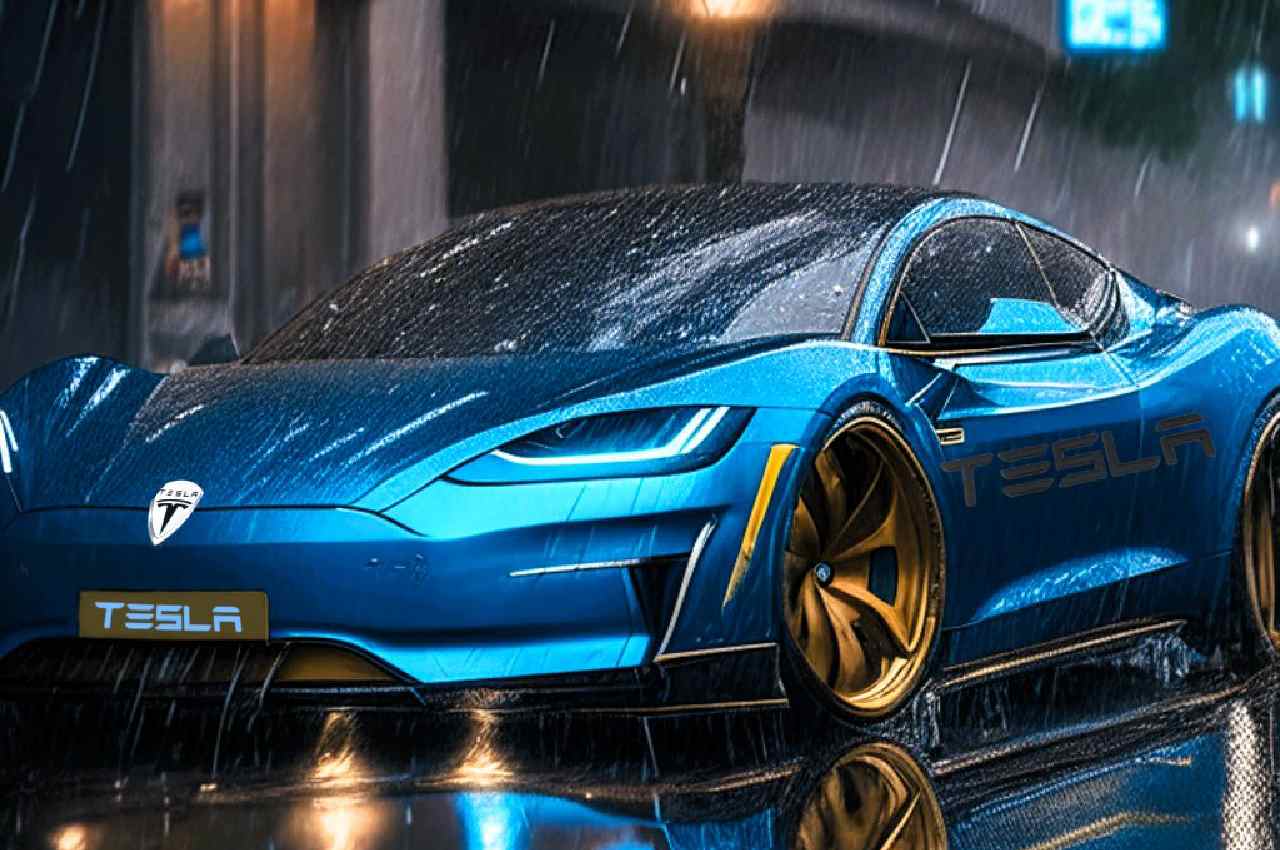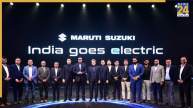New Delhi: In a significant development for the Indian electric vehicle (EV) market, Elon Musk, CEO of Tesla, has announced plans to introduce a sub-20 lakh Tesla EV in India. This announcement has generated excitement among EV enthusiasts and potential buyers.
However, as Tesla prepares to enter the Indian market, it is essential to assess the possible competition it may face. This article examines the potential market competition for Tesla in India’s growing EV sector.
Tesla’s Entry into the Indian EV market
Elon Musk’s announcement of a sub-20 lakh Tesla EV for India reflects the company’s interest in tapping into the country’s expanding EV market. With a focus on affordability, Tesla aims to make its EVs more accessible to Indian consumers. This move aligns with the Indian government’s push for increased EV adoption and its efforts to promote sustainable transportation.
Potential market competition
Indian Automakers: Established Indian automakers such as Tata Motors and Mahindra & Mahindra have already made significant strides in the EV segment. Tata Motors’ Nexon EV and Mahindra’s eVerito have gained popularity in India. These homegrown companies have established manufacturing facilities, supply chains, and customer trust, which could pose competition for Tesla.
Global Automakers: Global automakers like Hyundai, Nissan, and MG Motor have also introduced their EVs in the Indian market. Hyundai’s Kona Electric, Nissan’s Leaf, and MG Motor’s ZS EV have attracted attention and have a head start in terms of market presence and brand recognition.
Upcoming EV Startups: Several Indian startups, including Ola Electric, Ather Energy, and Revolt Motors, have made notable progress in the EV space. These companies are focused on innovation, affordability, and developing localized solutions tailored to the Indian market. Their competitive pricing and domestic manufacturing capabilities could position them as strong contenders.
Government Initiatives: The Indian government’s efforts to promote domestic EV manufacturing and incentivize EV adoption have resulted in the emergence of new players in the market. With government support, these companies have the potential to compete with Tesla by offering cost-effective EVs and leveraging local manufacturing advantages.
Charging Infrastructure Providers: The availability and accessibility of charging infrastructure play a crucial role in EV adoption. Companies like Tata Power, Ather Grid, and EV Motors are actively working on expanding the charging infrastructure network across India. Their efforts to develop a robust charging ecosystem may attract EV buyers and pose competition to Tesla’s Supercharger network.
Tesla’s unique selling points
While facing competition from established automakers, startups, and government initiatives, Tesla possesses certain unique selling points that differentiate its EVs:
Brand Value and Innovation: Tesla’s brand image, associated with cutting-edge technology, performance, and sustainability, gives it a competitive advantage.
Advanced battery technology: Tesla’s expertise in battery technology and its extensive Supercharger network offer advantages in terms of range, charging speed, and convenience.
Software integration and autopilot features: Tesla’s integration of software and advanced driver-assistance systems, including Autopilot, sets it apart from many competitors.
Global success and track record: Tesla’s global success and track record in EV manufacturing and sales may translate into a strong market presence and consumer trust in India.
Elon Musk’s announcement of a sub-20 lakh Tesla EV for India signifies the company’s commitment to the Indian market and aligns with the country’s push for EV adoption. As Tesla prepares to enter the Indian market, it will encounter competition from established automakers, startups, and government-backed initiatives.
However, Tesla’s brand value, technological prowess, and track record of success worldwide provide unique advantages. The Indian EV market presents opportunities for both Tesla and its competitors to contribute to the growth of sustainable transportation in the country.













